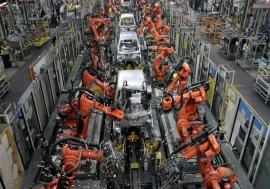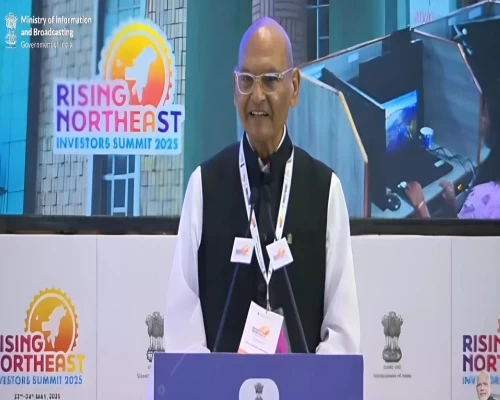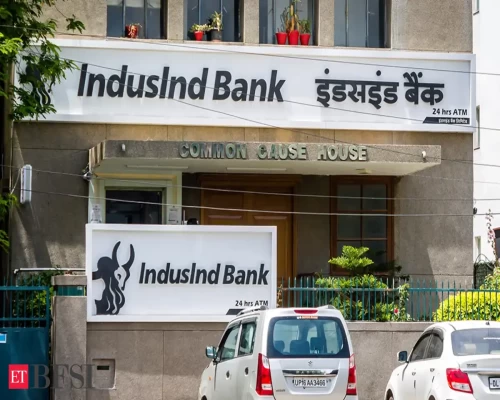
New York: The International Monetary Fund (IMF) on Tuesday cut India's growth rate by 0.8 percentage point to 7.4 per cent for fiscal year 2022, reflecting "mainly less favourable external conditions and more rapid policy tightening.” The IMF in its World Economic Outlook update July 2022, released on Tuesday said that the global economy, which is still reeling from the pandemic and Russia's invasion of Ukraine, is facing an increasingly gloomy and uncertain outlook.
“This reflects stalling growth in the world's three largest economies — the United States, China and the euro area — with important consequences for the global outlook.” It added that downgrades for China and the United States, as well as for India, are driving the downward revisions to global growth during 2022–23. This reflects the materialisation of downside risks highlighted in the April 2022 World Economic Outlook.
“The outlook for India has been revised down by 0.8 percentage point, to 7.4 per cent. For India, the revision reflects mainly less favourable external conditions and more rapid policy tightening,” the Outlook said. India's 7.4 per cent GDP growth for fiscal year 2022 is the second highest growth projection after Saudi Arabia's 7.6 per cent.
In April, the IMF had projected a “fairly robust” growth of 8.2 per cent for India in 2022, that would have made it the fastest-growing major economy in the world, almost twice faster than China's 4.4 per cent. In China, further lockdowns and the deepening real estate crisis have led growth to be revised down by 1.1 percentage points to 3.3 per cent growth in 2022, with major global spillovers.
“Tighter monetary policy will inevitably have real economic costs, but delay will only exacerbate them. Targeted fiscal support can help cushion the impact on the most vulnerable, but with government budgets stretched by the pandemic and the need for a disinflationary overall macroeconomic policy stance, such policies will need to be offset by increased taxes or lower government spending,” it said. /BI/













